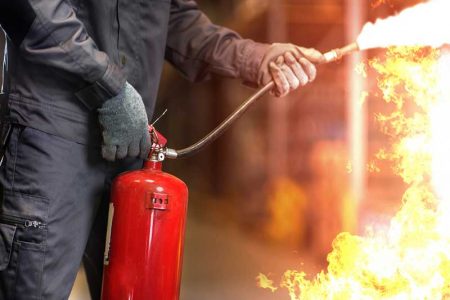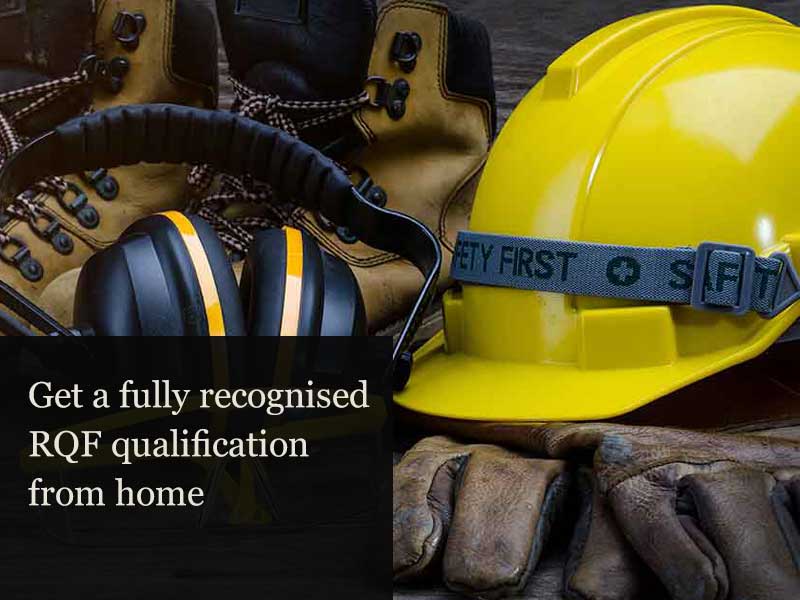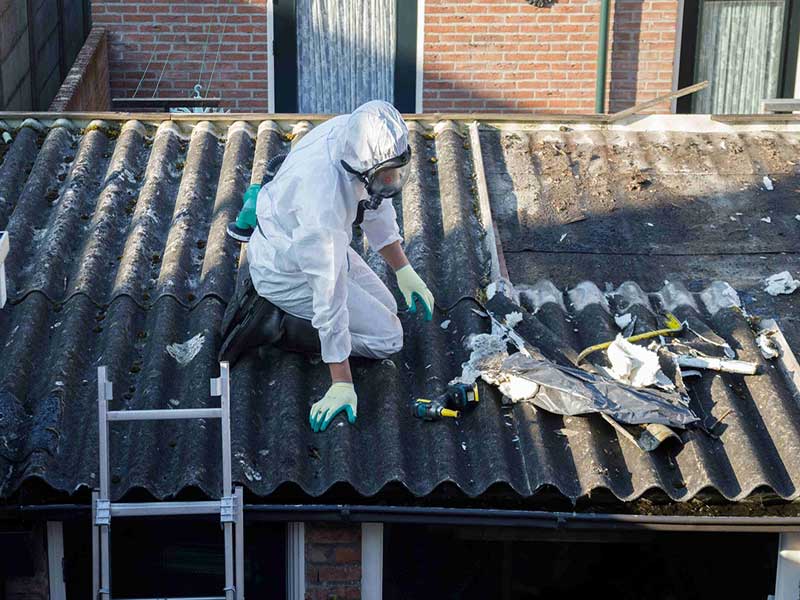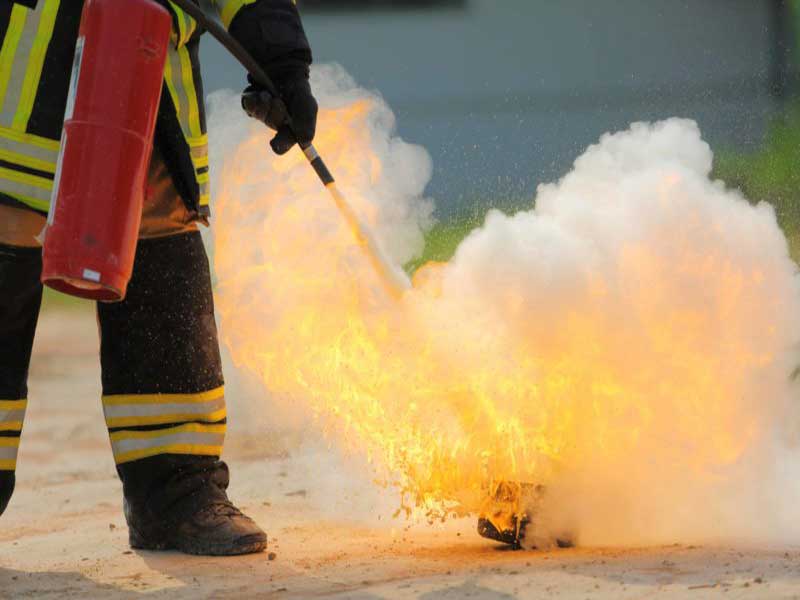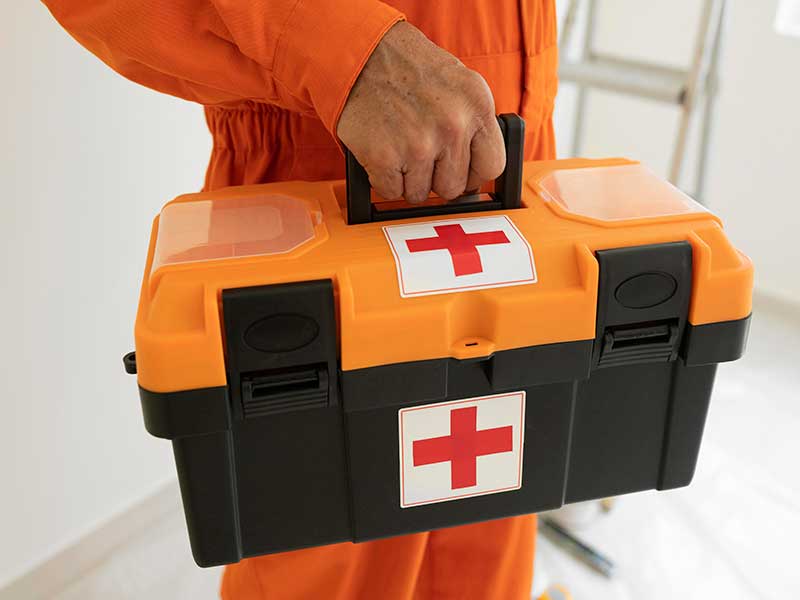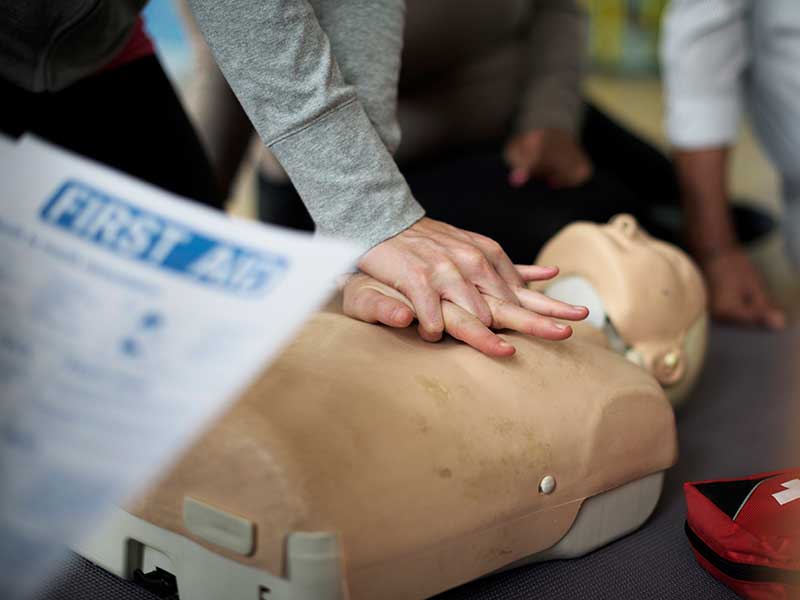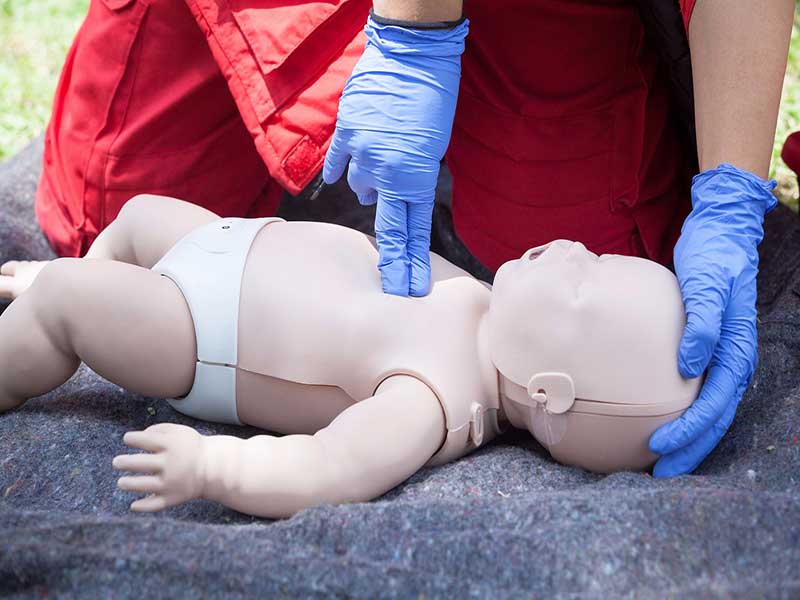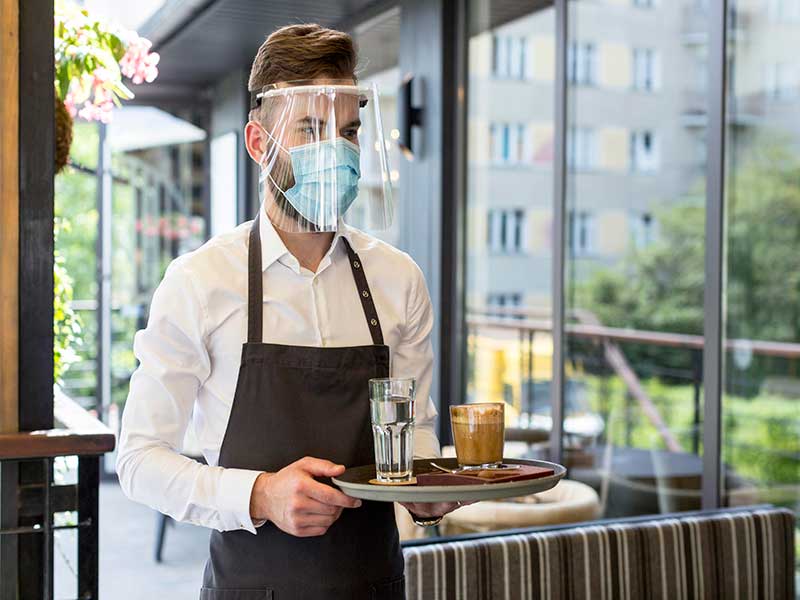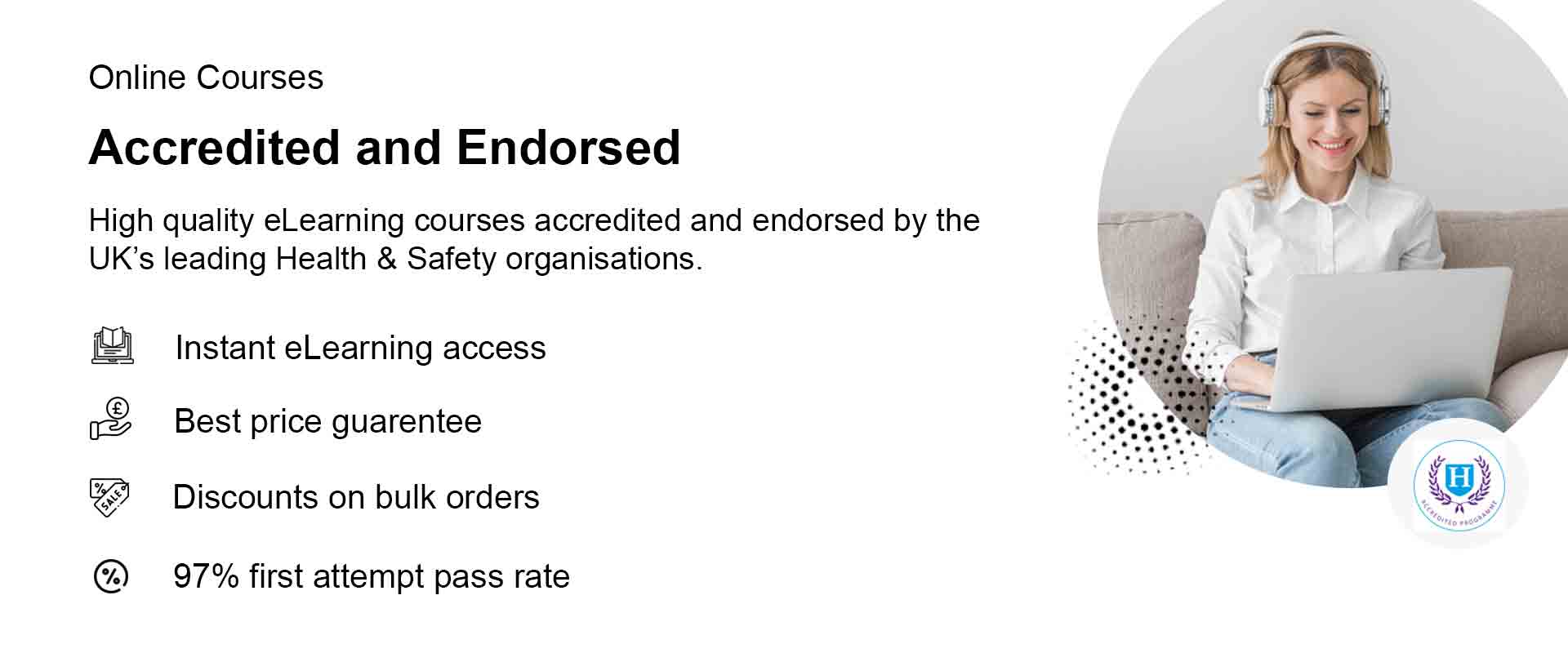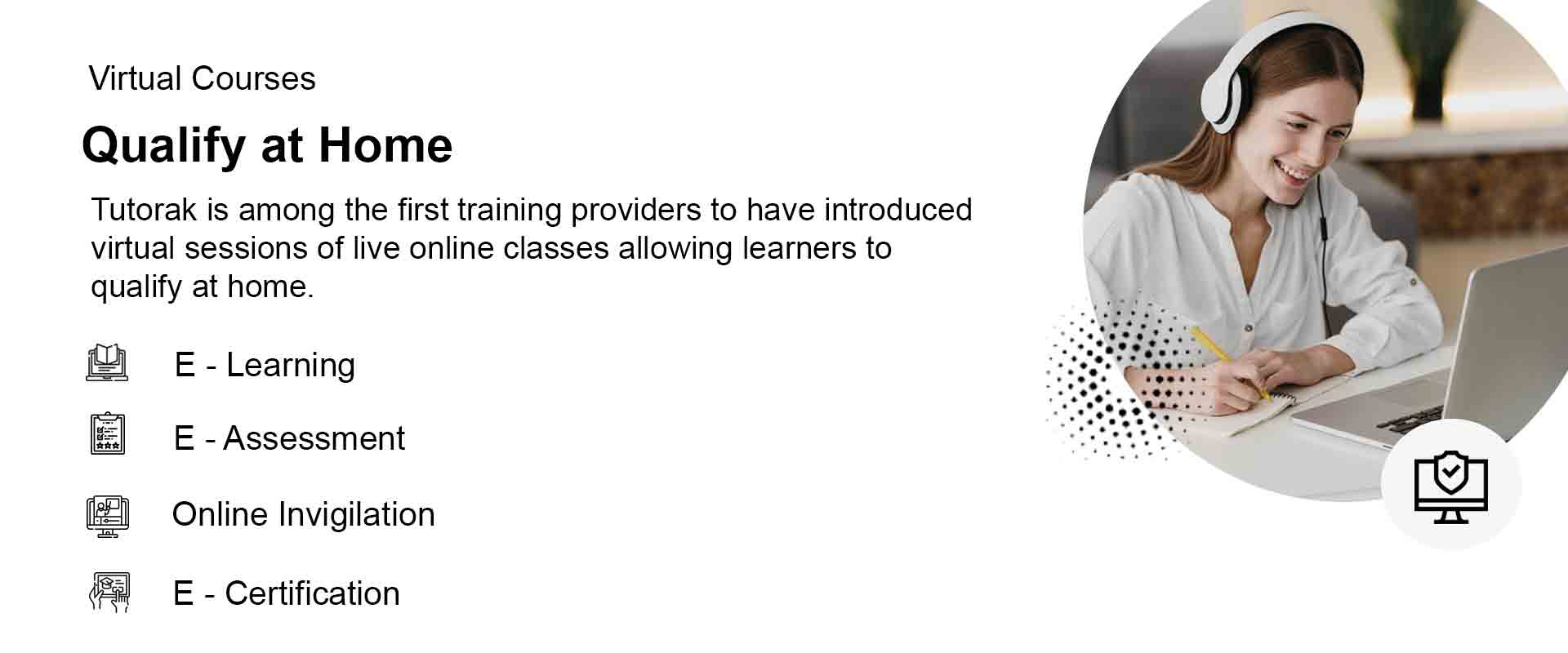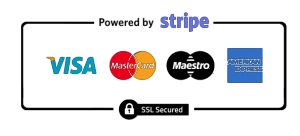AIMED AT
- Food business owners
- Supervisors in catering and hospitality
- First line managers in the food industry
- Head chefs
SKILLS YOU WILL GAIN
- Knowledge of food safety hazards
- Food contamination control
- Personal hygiene
- Food preservation
- Cleaning and disinfection
- Prevention of food-borne illness
- Pest control
- Temperature control
- Waste management
- Use of proper equipment
- Supervisory management
About this Course
The Level 3 Food Safety course is designed for business owners, managers, and supervisors working in the food industry. It will help them to raise food safety standards in their business, be able to comply with legislation and reduce business risk.
This course meets a food handler’s legal obligation to undertake appropriate food safety training, as well as building on the safety principles explained in Level 2 Food Safety. It teaches best practice procedures for people in senior-level roles to ensure food is hygienic, control measures are followed and effective food safety management systems are in place.
This course provides a recognised Level 3 Food Hygiene and Safety (RQF) certificate from Highfield Qualifications through our sister company Hurak.
All food outlets should have at least one person trained to Level 3 in Food Safety, especially if they are in a supervisory position and are responsible for training staff.
This course is written by Richard Sprenger, renowned food safety expert and author. It is CPD accredited and meets the UK’s mandatory training requirement for food handlers.
Learners also searched for Food Allergy Awareness
Did you know: In the UK, around a million people experience a foodborne illness every year. Food can become unsafe when it is contaminated with illness causing bacteria, viruses, parasites or chemicals.
-
Provides a recognised Level 3 Food Safety (RQF) qualification
-
Meets the UK’s mandatory training requirement for food handlers
-
Designed for business owners, managers and supervisors
-
CPD accredited
Areas Covered
-
Introduction to Food Safety
Learn about food safety and the importance of giving priority to practices critical to food safety, the responsibilities of food handlers, types of food safety hazards and the costs of poor food safety as well as the benefits of good food safety practices.
-
Microbiology
Learn about the different types of bacteria, sources of bacteria, requirements for bacterial multiplication, controlling and destroying food poisoning bacteria, types of food at risk from pathogens and food spoilage.
-
Contamination Hazards and Control
Learn about the types and sources of contamination hazards, how it spreads and ways to avoid contamination. Also learn about the difference between physical hazards, chemical hazards, allergenic hazards and ways to control these.
-
Food Poisoning
Learn about the causes of food poisoning, its symptoms and the ways through which to break the chain of food poisoning.
-
Personal Hygiene
Learn what facilities are required to wash hands and when it is important to wash hands. Also learn what to do in case of open wounds and skin complaints and how to report any illness that may lead to food contamination.
-
Food premises and equipment
Learn what facilities are required to wash hands and when it is important to wash hands. Also learn what to do in case of open wounds and skin complaints and how to report any illness that may lead to food contamination.
-
Design of Food Premises and Equipment
Learn the legal requirements about food premise design and the characteristics of a well-designed food premise, including its surfaces, facilities and food preparation equipment. Also learn about the importance of cleaning and disinfection, the surfaces which should be cleaned, disinfected or sanitised and ways of storing and disposing of waste.
-
Cleaning and Disinfection
Effective measures that need to be taken to prevent pests from becoming a menace. Learn the importance of cleaning and disinfection, which surfaces should be cleaned, disinfected or sanitised and how to store and dispose of waste.
-
Pest Control
Learn about common food pests, the signs of pest infestation and the role a food handler can play in controlling pests.
-
HACCP
Learn about food safety management systems and how to handle food safely during storage, transportation, preparation and serving by implementing control measures.
-
Control Measures
Learn the law relating to temperature ranges and control charts for refrigerating, loading, delivering, unloading, cooking, reheating and serving food.
-
Supervisory Management
Learn what a supervisor is, what is his role in ensuring food safety, and the standards, policies and legislation that he is required to follow.
-
Food Safety Legislation and Enforcement
Learn about food safety legislation, how it is enforced, penalties for breaking the law and due diligence that is required to ensure food safety.
Students also bought
-
 £99.99
£99.99£150.0033% Off -
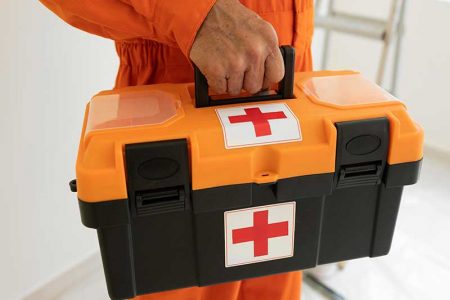
-
